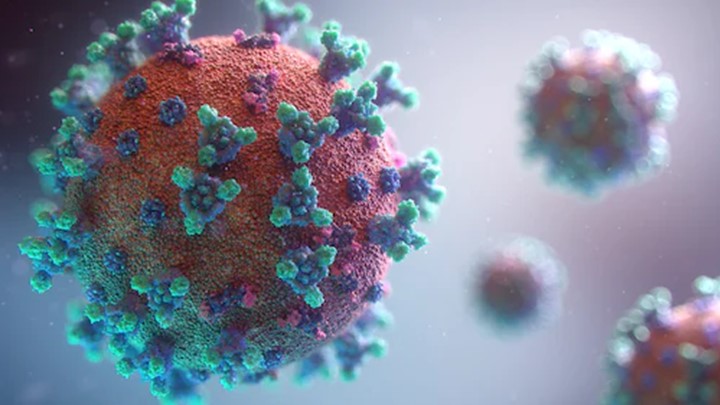In the wake of the COVID-19 pandemic, there has been a renewed emphasis on the importance of good hygiene practices, particularly the practice of hand washing. Hand washing is one of the most effective ways to prevent the spread of infectious diseases like COVID-19, and it is important that we all understand the proper techniques for washing our hands.
In this article, we will discuss the importance of hand washing, the proper techniques for effective hand washing, and some tips for maintaining good hand hygiene.
The Importance of Hand Washing
Hand washing is a simple yet effective way to prevent the spread of germs and infections. According to the Centers for Disease Control and Prevention (CDC), hand washing can help prevent the spread of respiratory and diarrheal infections, including COVID-19. When you wash your hands, you remove germs that may be on your hands from touching contaminated surfaces, other people, or animals.
Germs can easily spread from person to person when we touch our face or other people, and they can also spread when we touch surfaces that have been contaminated with germs. This is why it is important to wash your hands frequently throughout the day, especially after touching surfaces that may be contaminated, such as doorknobs, light switches, and other high-touch surfaces.
Proper Techniques for Effective Hand Washing
To effectively wash your hands, it is important to follow a few simple steps. The World Health Organization (WHO) recommends the following steps for proper hand washing:
- Wet your hands with clean, running water (warm or cold) and apply soap.
- Lather your hands by rubbing them together with the soap. Be sure to lather the backs of your hands, between your fingers, and under your nails.
- Scrub your hands for at least 20 seconds. Need a timer? Hum the “Happy Birthday” song from beginning to end twice.
- Rinse your hands well under clean, running water.
- Dry your hands using a clean towel or air dry them.
It is important to note that hand sanitizers can be used as an alternative to hand washing, but they should only be used when soap and water are not available. Hand sanitizers should be at least 60% alcohol to be effective.
Tips for Maintaining Good Hand Hygiene
In addition to washing your hands regularly, there are a few other tips you can follow to maintain good hand hygiene:
- Avoid touching your face, especially your eyes, nose, and mouth.
- Cover your mouth and nose with a tissue when you cough or sneeze, and then throw the tissue away.
- Clean and disinfect frequently touched objects and surfaces, such as doorknobs, light switches, and countertops.
- Avoid close contact with people who are sick.
- Stay home if you are sick, and avoid close contact with others until you are feeling better.
In Conclusion
Hand washing is one of the most effective ways to prevent the spread of infectious diseases like COVID-19. By following the proper techniques for hand washing and maintaining good hand hygiene, you can help protect yourself and others from germs and infections.
Remember to wash your hands frequently throughout the day, and follow the tips outlined in this article to maintain good hand hygiene.

